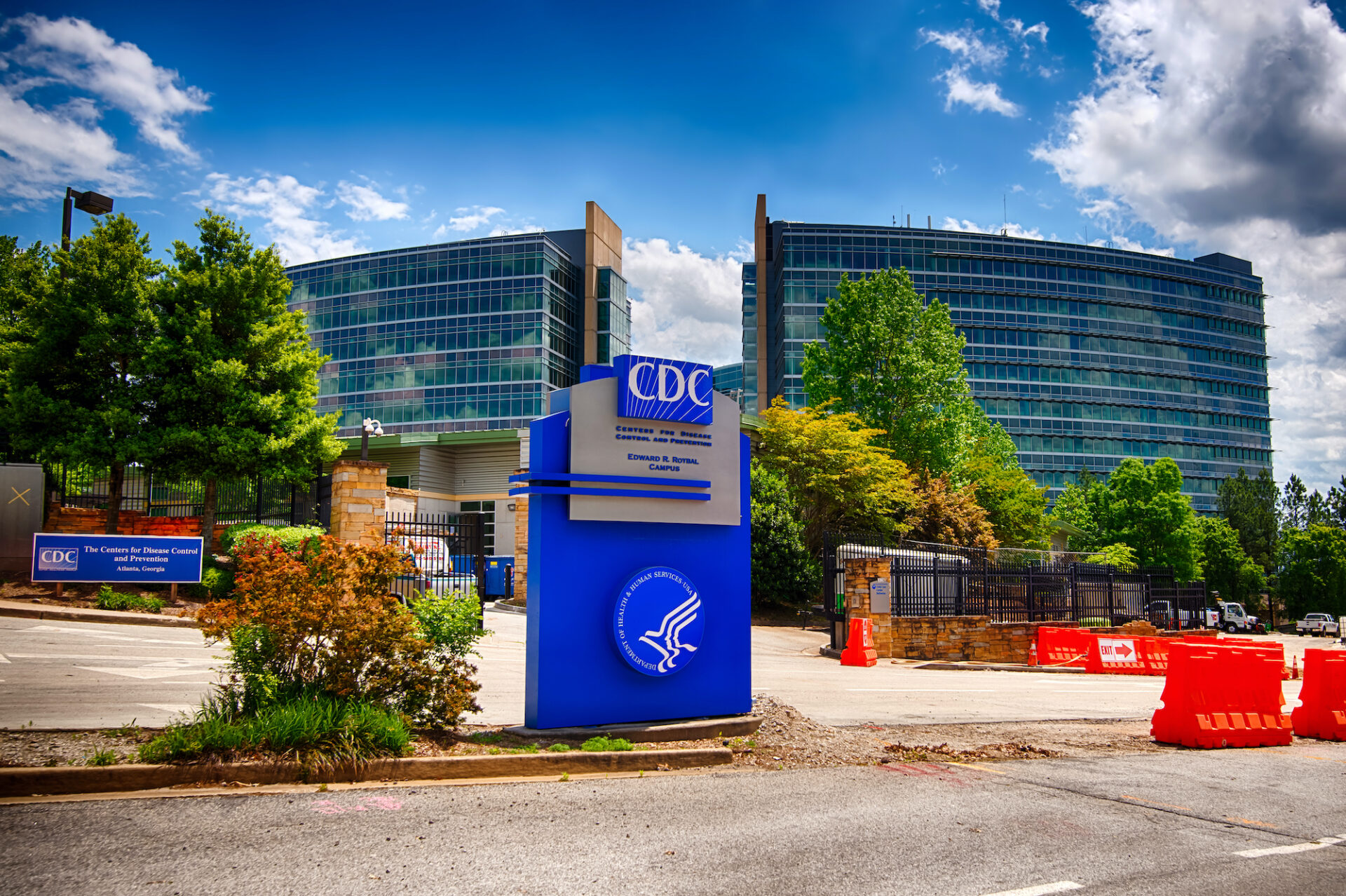The National Association of Home Builders has filed suit in federal court challenging the Centers for Disease Control and Prevention’s order that bans residential evictions through the end of the year to prevent the spread of Covid-19.
The CDC order, issued in September under the Public Health Service Act, covers renters of apartments or residential properties – but does not include a ban on foreclosures on home mortgages. It requires renters to certify to landlords that they would become homeless or forced to live with others “in close quarters” if they were to be evicted.
NAHB objects to the order because it provides “no relief for landlords who must continue to pay bills, maintain the units and pay their employees all while receiving no rent.” In its filing in the Norther District of Ohio, NAHB said it “does not believe that Congress provided the CDC with authority to issue such a sweeping nationwide order.”
“NAHB is concerned the CDC’s rental eviction moratorium could result in unforeseen negative economic consequences without dedicated funding for rental assistance,” NAHB Chairman Chuck Fowke said. “Absent rental income, these small mom and pop property owners must continue to pay their mortgage, property taxes, employees and cleaning/maintenance services. And without sufficient rental income, a number of properties would be pushed into foreclosure.”
Under the CDC order, renters who are eligible to be protected by the eviction ban must have “used best efforts to obtain all available government assistance for rent or housing” and are expected to earn no more than $99,000 (or $198,000 on a joint tax return) this year. They also must attest to losing income but show they are attempting to at least make timely partial payments.
Individual landlords who violate the order face fines of up to $100,000 and a year in jail – or a fine of up to $250,000 and a year in jail if the eviction is shown to result in a death. Companies violating the order face fines up of up to $200,000 – or $500,000 if the violation results in a death.
